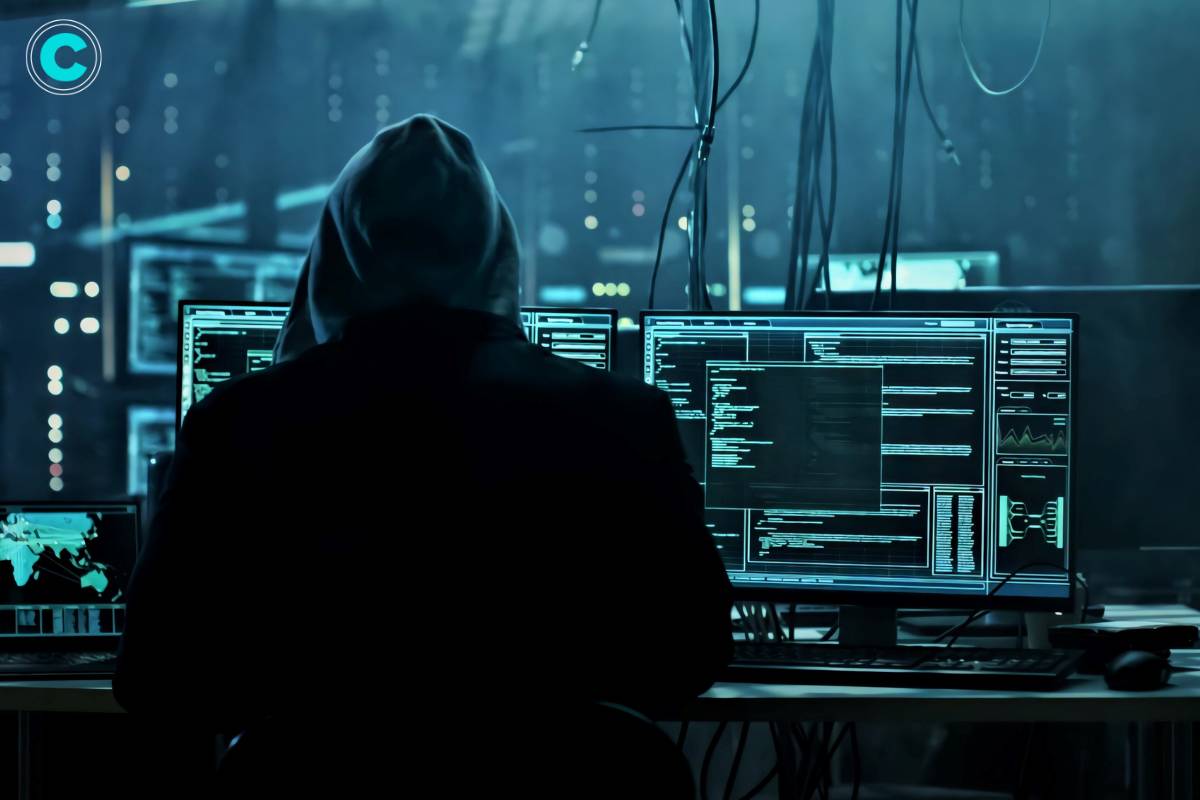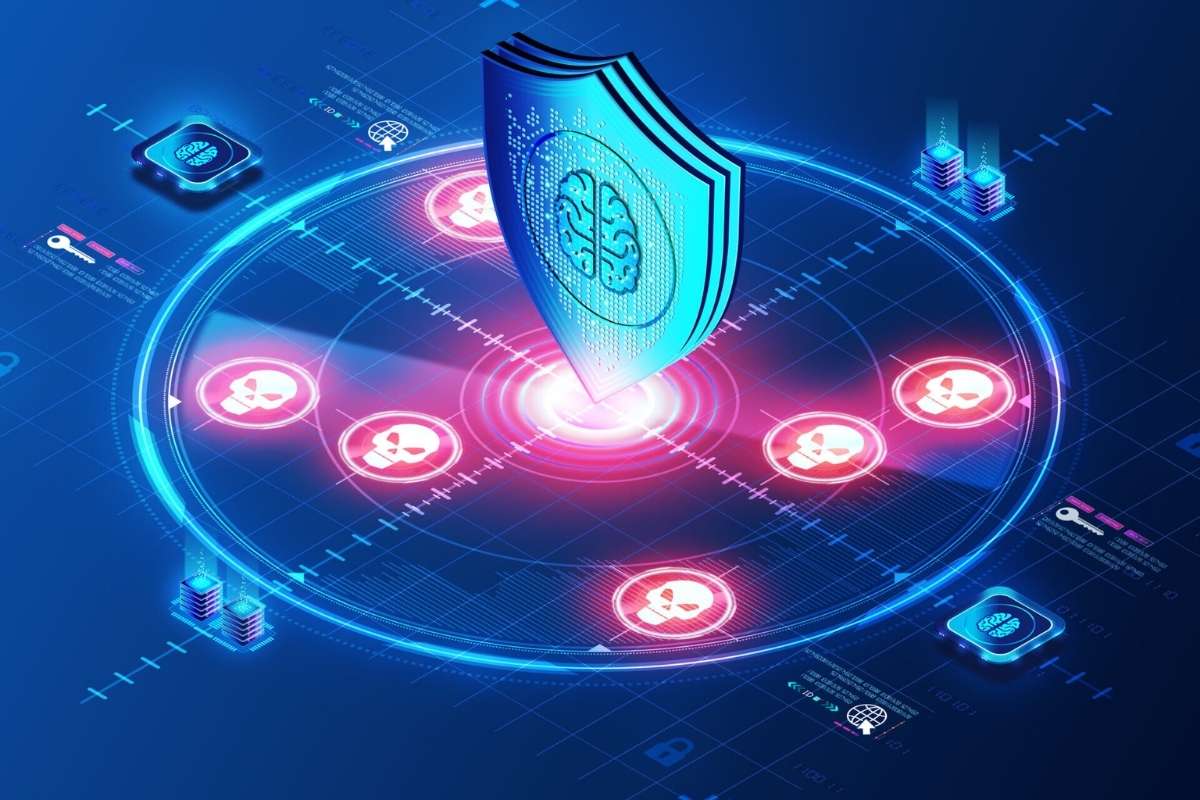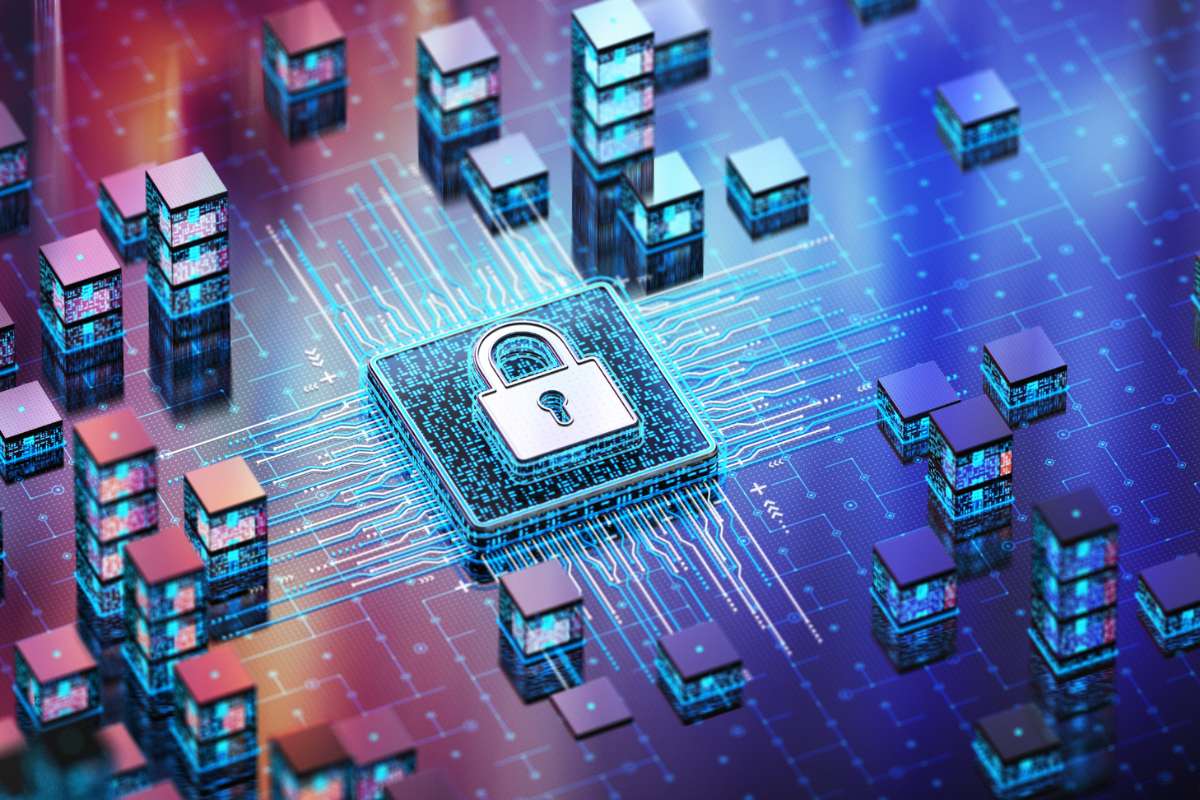In today’s digital age, where the internet serves as both a playground and a battleground, the need for cybercrime private investigators has surged. These digital sleuths operate behind the scenes, tracking down perpetrators, securing digital evidence, and safeguarding the online world. Let’s delve into the intricate world of cybercrime private investigators, their roles, responsibilities, and the crucial role they play in combating digital threats.
What is a Cyber Crime Private Investigator?
A cybercrime private investigator is a skilled professional adept at investigating and solving digital crimes. Their expertise lies in uncovering cyber threats, tracking down hackers, and securing digital evidence crucial for legal proceedings. These investigators possess a deep understanding of digital forensics, cybersecurity protocols, and legal procedures, making them invaluable assets in the fight against cybercrime.
What Do Cyber Crime Private Investigators Do?

Cybercrime private investigators play a crucial role in combating cybercrime and ensuring the security of digital systems. Their responsibilities include:
1. Investigating Cyber Crimes
Cybercrime private investigators meticulously examine digital footprints, analyze network activity, and trace IP addresses to identify the perpetrators behind cyber attacks. By using advanced techniques and tools, they gather evidence to understand the motives and methods of cyber criminals.
2. Securing Digital Evidence
One of the primary tasks of cyber crime investigators is to collect, preserve, and analyze digital evidence. This evidence includes emails, chat logs, files, and other digital artifacts that can be used to build a case against cyber criminals. Properly securing this evidence is crucial for legal proceedings and prosecuting offenders.
3. Conducting Forensic Analysis
Cybercrime investigators utilize advanced tools and techniques to conduct forensic analysis. This involves uncovering hidden data, malware, and traces of cyber attacks. By analyzing the evidence, investigators gain insights into the modus operandi of hackers, which helps in preventing future breaches.
4. Assisting Law Enforcement Agencies
Cybercrime private investigators often collaborate with law enforcement agencies to provide technical expertise and support investigations. They work closely with these agencies to facilitate the identification, apprehension, and prosecution of cybercriminals.
5. Providing Cybersecurity Consultation
In addition to their investigative work, cyber crime private investigators also offer cybersecurity consultation to businesses and individuals. They provide advice and guidance on enhancing cybersecurity posture, implementing best practices, and mitigating digital risks.
Overall, cybercrime private investigators play a critical role in investigating cyber crimes, securing digital evidence, conducting forensic analysis, assisting law enforcement agencies, and providing cybersecurity consultation. Their work is essential in combating cyber threats and ensuring the safety of digital systems.
How Does a Cyber Crime Private Investigator Work?

Cybercrime private investigators follow a structured process in their work. Here is a breakdown of the steps they typically take:
1. Initial Assessment
The investigation begins with an initial assessment. Investigators gather information about the incident, assess the scope of the cyber attack, and identify potential vulnerabilities. This helps them understand the nature of the crime and determine the appropriate course of action.
2. Evidence Collection
Collecting digital evidence is a crucial part of a cybercrime investigation. Investigators use specialized tools and techniques to collect evidence, ensuring proper preservation and maintaining the chain of custody. This involves gathering data such as emails, chat logs, files, and other digital artifacts that can be used to build a case against cyber criminals.
3. Forensic Analysis
Once the evidence is collected, cybercrime investigators conduct forensic analysis. They analyze the collected evidence to reconstruct the sequence of events, identify the methods used by the attacker, and uncover key insights. This analysis helps in understanding the motives and techniques of cyber criminals and can aid in preventing future breaches.
4. Legal Compliance
Throughout the investigation, cybercrime investigators ensure that all procedures adhere to legal requirements and regulations. They maintain the integrity of the evidence to ensure its admissibility in court. This includes following proper protocols for evidence handling, preservation, and documentation.
5. Reporting and Recommendations

After completing the investigation, cybercrime investigators compile their findings into comprehensive reports. These reports detail the nature of the cyber attack, vulnerabilities discovered, and recommendations for improving cybersecurity defenses. The reports serve as valuable resources for legal proceedings and can help organizations enhance their security measures.
Frequently Asked Questions (FAQs)
1. How do I know if I need a cybercrime private investigator?
If you’ve experienced a cyber attack, data breach, or suspicious digital activity, hiring a cyber crime private investigator can help unravel the situation, identify perpetrators, and strengthen your digital defenses.
2. Can cybercrime private investigators work independently?
Yes, many cybercrime investigators operate independently or as part of private investigation firms. They may also collaborate with law enforcement agencies and cybersecurity professionals on complex cases.
3. What qualifications do cyber crime private investigators possess?
Cybercrime investigators typically have backgrounds in cybersecurity, computer science, or law enforcement. They may hold certifications such as Certified Information Systems Security Professional (CISSP) or Certified Cyber Forensics Professional (CCFP) to validate their expertise.
4. How long does a cyber crime investigation typically take?
The duration of a cybercrime investigation varies depending on the complexity of the case, the volume of evidence, and legal proceedings. Some investigations may be resolved quickly, while others may take weeks or months to conclude.
5. Can cybercrime private investigators testify in court?
Yes, cybercrime investigators often testify as expert witnesses in court proceedings, providing technical insights, presenting evidence, and helping the jury understand complex digital concepts.
Conclusion:
Cyber crime private investigators play a pivotal role in safeguarding our digital landscape. With their expertise, diligence, and commitment to justice, they are instrumental in combating cyber threats and ensuring a safer online environment for individuals and businesses alike.






